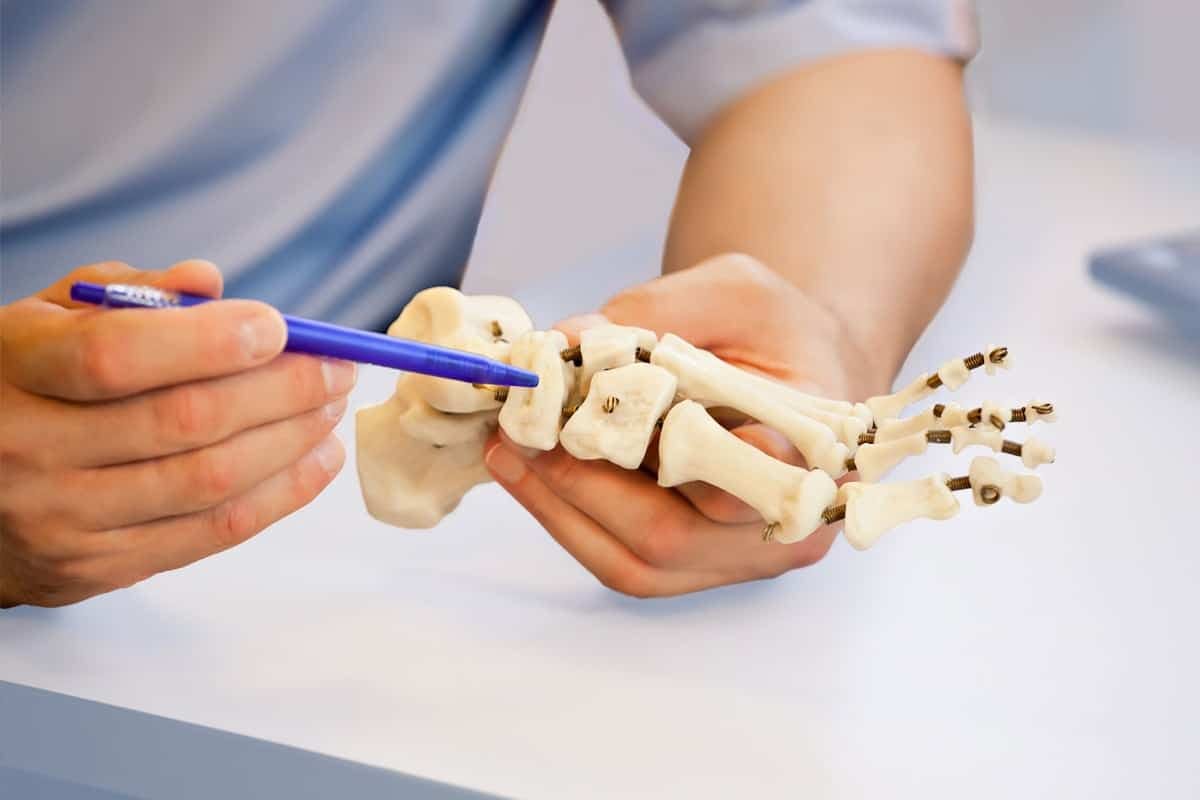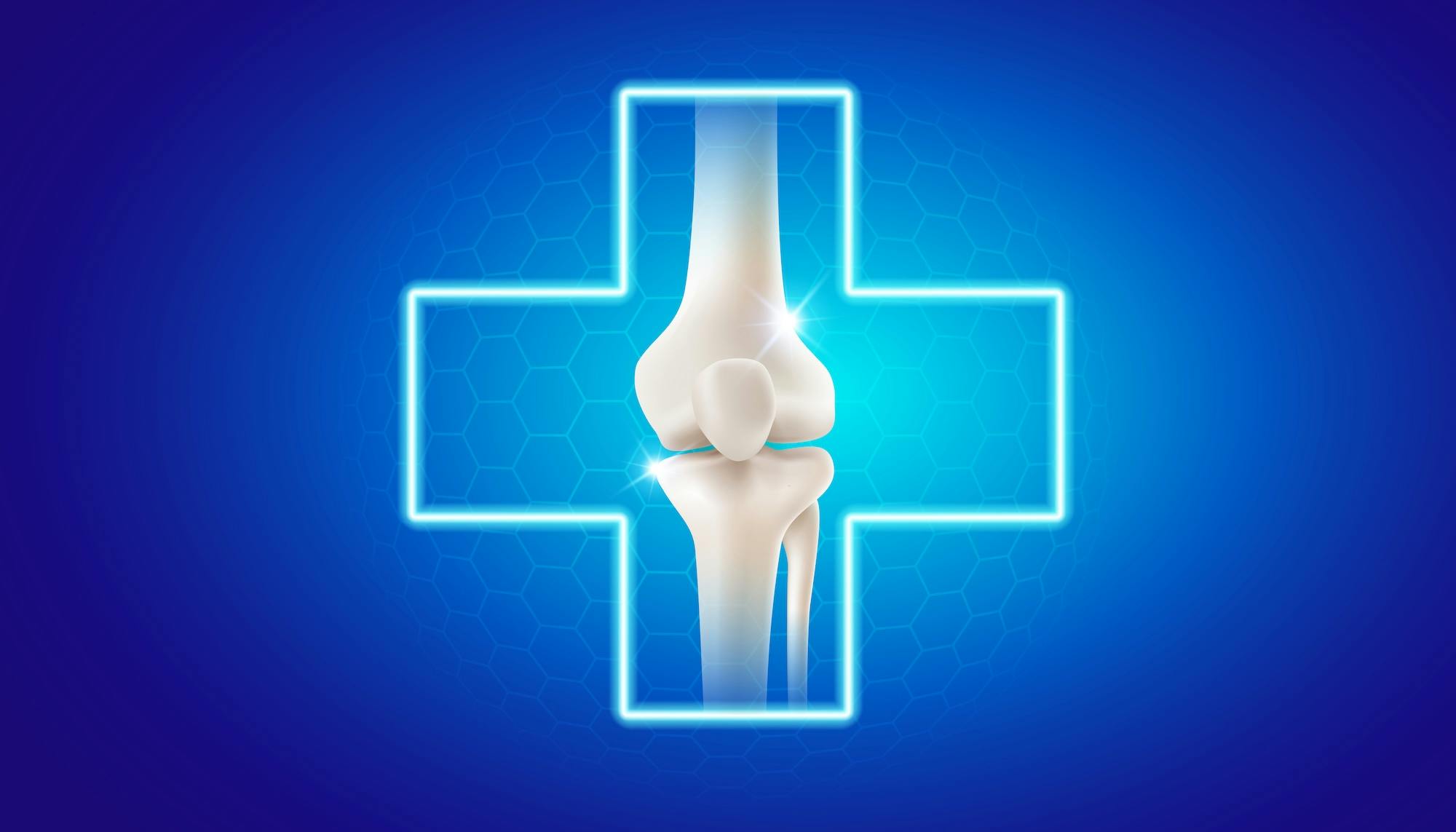- Blog
Treatment Options for Plantar Fasciitis
Posted on 04-16-2025 in Plantar Fasciitis by Dr. Erik Nilssen

Posted on 04-16-2025 in Plantar Fasciitis by Dr. Erik Nilssen
Plantar fasciitis is a foot condition that occurs when you have inflammation and discomfort of the plantar fascia, which is a tendon on your foot. If you have pain on your heels when you walk or stand, you might have this condition. There are a variety of treatment options available, including things you can do at home, therapies provided by a podiatrist, and surgery in the less common occasion it leads to that.
At Home
Typically, the first treatment option for plantar fasciitis includes do-it-yourself things you can do at home. Doctors often recommend beginning with these simple non-surgical treatment options, which help stretch the tendon and provide pain relief.
To start, make sure you are wearing the right footwear. When you have plantar fasciitis, you shouldn’t wear unsupportive shoes, as this can worsen the condition. Avoid wearing high heels if possible. Orthopedic shoes might not be stylish, but they can provide you with a lot of amazing comfort and support.
It’s helpful to perform some foot stretching exercises for your Achilles tendon and plantar fascia while at home. This will help to relieve some of the tension and inflammation, which is where much of the pain comes from with plantar fasciitis.
One great thing to do is stretch your feet before you get out of bed. You might feel the pins and needles pain when first stepping onto the floor. If this is the case, stretch your feet, flexing the arches and holding it for a few seconds. Point your toes forward, then back. You can also do stretches after standing up, including leaning forward with your feet on the ground and pressing your heels to the floor to stretch the tendon.
Hold your stretches for about 10 seconds and repeat 10 times, three to four times a day. Massage, coupled with icing your feet, can do wonders. One massage technique you can do at home is to freeze a golf ball (or use a frozen water bottle), then roll it around the fascia ligament. Ice your tendon for 15 minutes at a time, three or four times per day. Perform the icing only after you’ve stretched your tendon, however.
Podiatrist Prescribed
Your podiatrist can provide further conservative treatment methods for plantar fasciitis. If the stretching is working effectively at home, he might prescribe you anti-inflammatory medications, such as ibuprofen. These can be over-the-counter or prescription-strength and help provide pain relief while also reducing inflammation of the fascia ligament.
Your podiatrist may also provide you with night splints, which will help stretch and relax the ligament overnight. He can also get you fitted for custom orthotics; these are inserts which can fit in your own shoes.
Steroid injections might also be administered, though these are used cautiously. Finally, if your own stretching isn’t helping, ask your podiatrist about other stretching techniques you could try. In some cases, massage from a physical therapist is helpful.
Orthopedic Surgery
Surgery is only intended for severe cases of plantar fasciitis when you experience a high level of pain and other treatment methods are not effective. You’ll usually try non-surgical, conservative treatment methods for an extended period of time before your podiatrist recommends surgery.
When you have good motion of the foot but continued severe pain, a surgical procedure, called a plantar fascia release (where a part of the tendon is cut to help release tension) may be recommended. The other procedure is a gastrocnemius recession, which involves lengthening the calf muscles to help relieve stress on the ligament.

March is National Nutrition Month®, and as part of the conversation, the North Florida Bone & Joint team wants to emphasize the impact diet can have on your bone health. Before diving in, it's essential to understand the role the skeleton plays in your body. Specifically, the skeleton—and the bones its comprised of—serve the following functions:

At North Florida Bone & Joint Specialists, we’re committed to delivering convenient, expert care throughout the Gulf Coast. As part of that commitment, we’re excited to announce the expansion of our clinical office footprint. In March, we opened two new locations in Milton and Navarre, FL, further enhancing our ability to serve patients across Northwest Florida.

Valentine’s Day is all about love—so why not show your joints some love, too? Whether you’re an athlete, an active adult, or simply looking to maintain mobility as you age, taking care of your joints is essential for long-term health and well-being. At North Florida Bone & Joint Specialists, we believe that self-care isn’t just about relaxation—it’s about making intentional choices to keep your body strong, pain-free, and resilient. Here are four self-care tips to keep your joints healthy and moving with ease: